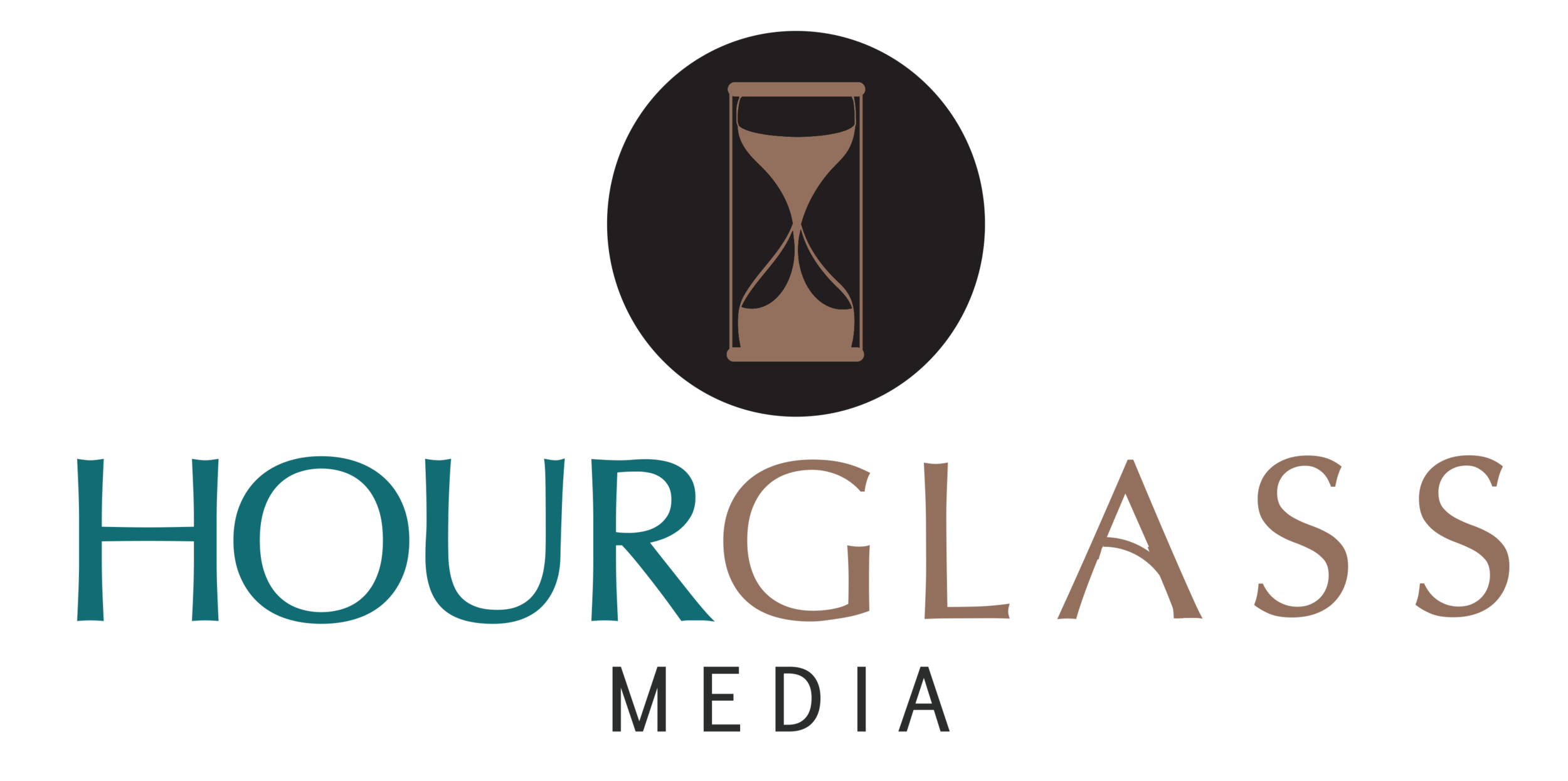Ethical Guidelines to Follow During a Pandemic
⌛ By Abbey Vidrine ⌛
2020 has definitely not been the year of flapper dresses and roaring parties it was a century ago, but what a kickoff to the upcoming decade we have had though, right? These past three months have been stressful, to say the least, as we all battle with the effects of COVID-19. This virus has hit families, communities, businesses, and just life in general VERY hard. So, we understand, it’s hard to stay sane during these trying times… But we must remember where our ethical obligations should stand, especially in the midst of a pandemic. So, here are some guidelines to keep your ethics in check.
Have a plan in place.
Most of us have probably heard this over and over again, but it is always best to have a plan in place before a crisis occurs. While you can’t plan for every hard decision you might have to make, identifying clear goals is essential to making difficult choices. No one wants to make a tough ethical decision on the spot because there was no preparation. There has to be time to think! By having a plan, you are able to think through your options and clearly incorporate ethical values. Lay the groundwork for all the ethical dilemmas you might have to face in the event of a crisis, think through all options, and then choose the best tactic for executing. So, when a crisis crashes through your doors, you’ll have the preparation to fight it off.
Use the Potters Box.
In case there was no planning, or you have to make a quick decision, the Potters Box is a great tool to use. This model for making ethical decisions utilizes four categories where ethical dilemmas occur: facts, values, principles, loyalties. So how does it work?
Well, begin with step one, which is looking at the facts. What do you know to be true about this situation? Make sure you write it down!
Step two is about examining your values. By being honest about what values are most important, you have a better understanding of how to take action.
Step three is to examine principles of the situation. Principles are the ethical philosophies of ethical reasoning. For example, the Golden Mean, Categorical Imperative, or Veil of Ignorance. Identify an ethical principle that suits you and apply it to the situation.
The last step is to determine loyalties. Who are you loyal to in this situation? Your employer, employees, friends, classmates, yourself? Once you determine where your loyalties lie, you should have a clearer direction for making a decision.
Repeat or alter this process as many times as needed!
Follow your professional or personal code of ethics.
Working in the public relations/media world there are many codes of ethics to follow. Public Relations Society of America, American Advertising Federation, and Society of Professional Journalists all have firm ethical practices to follow when working in this profession. So, whatever your line of work may be, see if there is a code of ethics in place and make decisions accordingly. Perhaps your job does not have a specific code of ethics to follow. Well, you can always follow your own! Regardless, following a code of ethics will result in better ethical decision making!
We are all human.
Remember, we are all human and have to deal with the life-altering changes of COVID-19. We all make mistakes, and during a time like this ethical decisions can be devastating to make. Just remember to use these tools and hold yourself to high ethical standards!
Abbey Vidrine is a West Virginia native and current Public Relations major at Marshall University. She loves all things communication and hopes to do great things within the profession! Connect with Abbey on LinkedIn.


